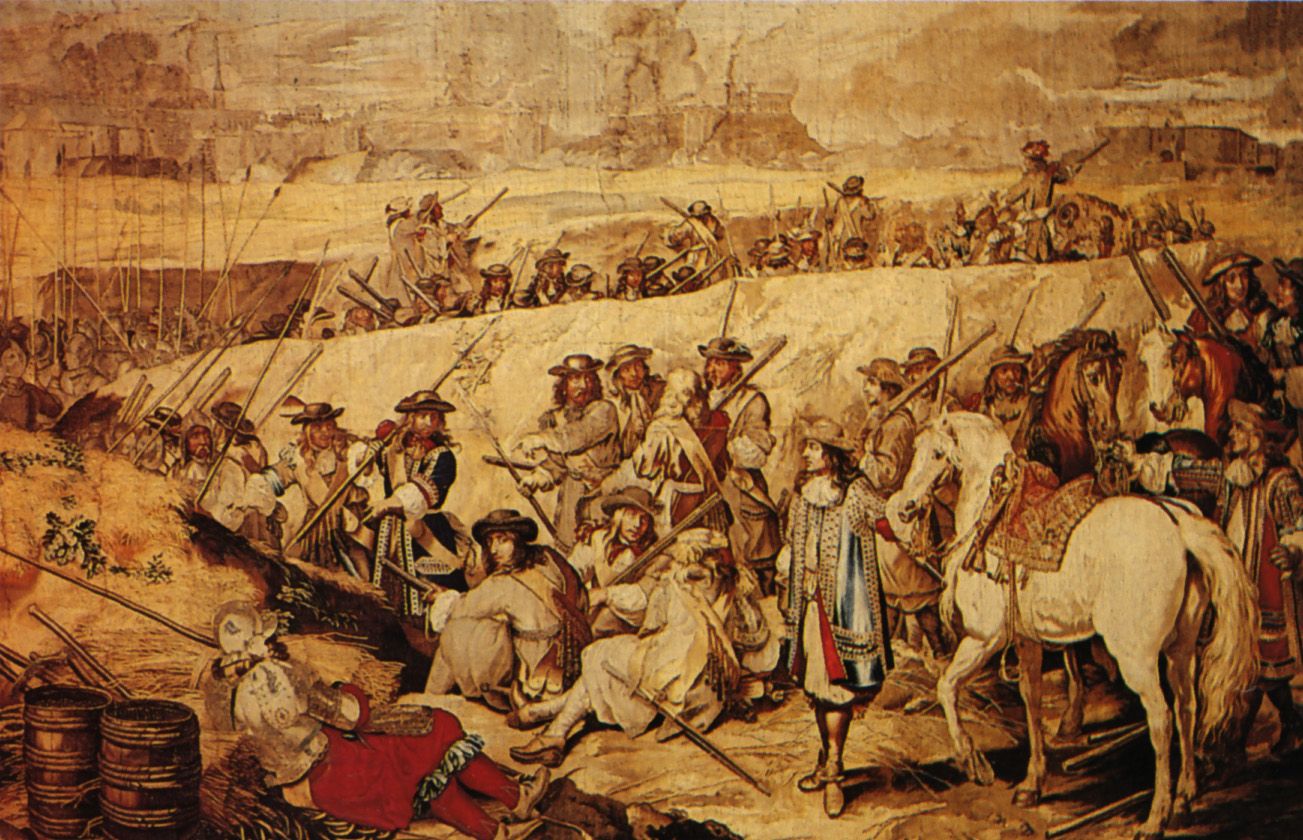When Mazarin died in 1661, Louis XIV began his personal rule. He had been badly frightened during the Fronde when rioters had broken into his bedroom, and he was determined to suppress any challenge to his authority, by persuasion and guile if possible, and by force if necessary.
In 1660 he married a Spanish princess for political reasons; after a succession of mistresses, he married again, in 1685. Madame de Maintenon, a devout former Huguenot, was the governess of his illegitimate children; she did much to assure dignified piety at court for the rest of his reign.
Louis XIV, the Sun King, succeeded as le grand rnonarque because by education, temperament, and physique he was ideally suited to the role. He had admirable self-discipline, patience, and staying power. He never lost his temper in public and went through long daily council meetings and elaborate ceremonials with unwearied attention and even enjoyment, to which his conspicuous lack of a sense of humor may have contributed. He had an iron physical constitution, which enabled him to withstand a rigorous schedule, made him indifferent to heat and to cold, and allowed him to survive both a lifetime of gross overeating and the crude medical treatment of the day.
He was five feet five inches tall (a fairly impressive height for that day) and added to his stature by shoes with high red heels. To provide a suitable setting for the Sun King, to neutralize the high nobility politically by isolating it in the ceaseless ceremonies and petty intrigues of court life, and also to prevent a repetition of the rioters’ intrusion into his bedroom in Paris, he moved the capital from Paris to Versailles, a dozen miles away.
There, between 1668 and 1711, he built a vast palace more than a third of a mile long, set in an immense formal garden with fourteen hundred fountains supplied by water which had to be pumped up from the River Seine at great expense. Versailles housed, mainly in cramped, uncomfortable quarters, a court of ten thousand, including dependents and servants of all sorts. This was self- conscious government by spectacle, and it would be copied by every monarch who could afford it—and some who could not.

